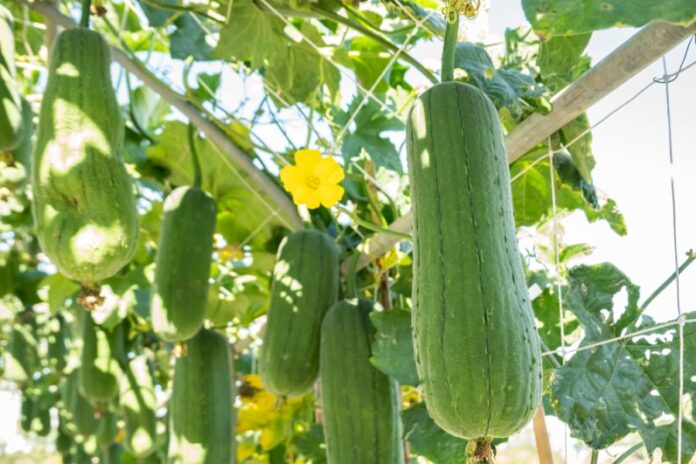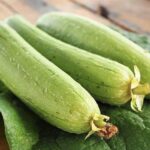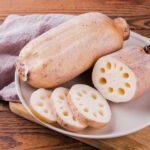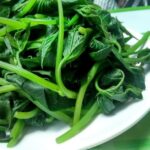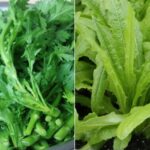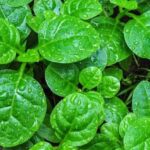You don’t need expensive foods or high-end supplements; many humble fruits found in Vietnam can offer nutritional value comparable to ginseng and are easily accessible at any local market. What’s more reassuring is that they can be grown without the need for pesticides.
1. Loofah – A “Medicinal” Plant from the Rural Kitchen Garden
In Vietnamese culinary culture, loofah is not only an ingredient for simple soups but also a fruit with numerous health benefits. Its soft skin, mild sweetness, and cooling properties make it an ideal summer treat.
Loofah thrives with minimal care and grows exceptionally well when planted in airy trellises, receiving ample sunlight and water. As a result, it rarely falls prey to pests and diseases, eliminating the need for chemical pesticides. Loofah is also valued in traditional medicine for its ability to cool the liver, act as a diuretic, and support digestion.
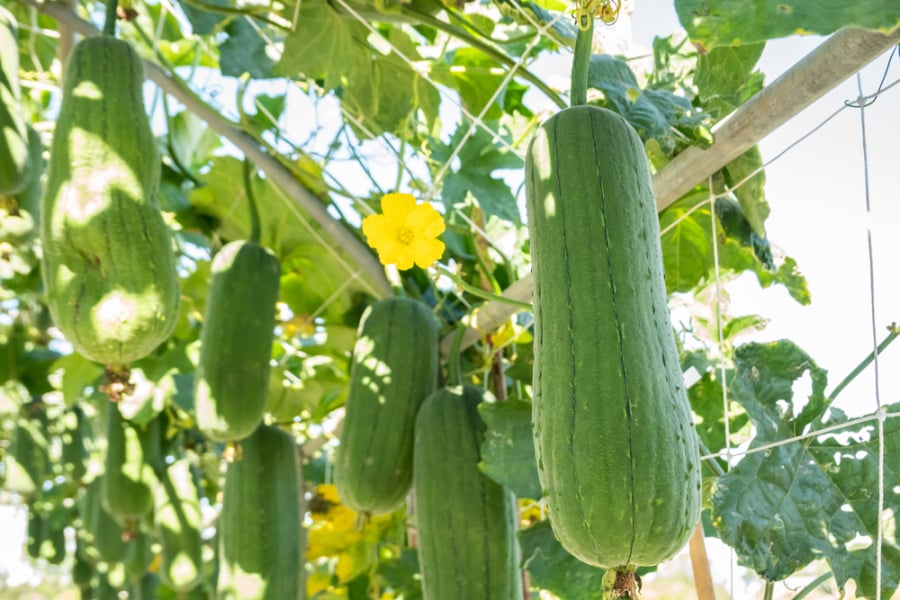
2. Wax Gourd – Weight Loss, Diuretic, Easy to Grow, Pest-Resistant
If you’re seeking a food that promotes beauty and maintains your figure without breaking the bank, wax gourd is the ideal choice. With negligible calorie content, no fat, and a wealth of organic acids, it prevents fat accumulation and aids in detoxifying the body.
From a farming perspective, wax gourd is highly heat tolerant and requires minimal elaborate care. Its robust root system enables it to efficiently absorb moisture and nutrients from the soil, negating the need for chemical fertilizers or pesticides. In fact, many farmers use wax gourd as a grafting stock for less robust crops like watermelons, testifying to its vigor and resilience.
3. Pumpkin – A “Nutritional Vault” for the Whole Family
Pumpkin, also known as winter squash, is a familiar presence in Vietnamese kitchens. Beyond its delightful flavor, pumpkin is a rich source of beta-carotene, a precursor to vitamin A, which is essential for healthy vision and a robust immune system. Additionally, its high fiber content improves digestion and helps regulate blood sugar levels.
In agriculture, pumpkin exhibits strong resistance to various pests and diseases and adapts well to different soils and climates in Vietnam. When grown in well-drained, loose soil and provided with a spacious trellis, pumpkin is rarely troubled by pests and diseases. This minimizes the use of pesticides, giving consumers peace of mind when purchasing pumpkins from local markets without worrying about food safety.
4. Snake Gourd – Unique in Form and Medicinal Properties
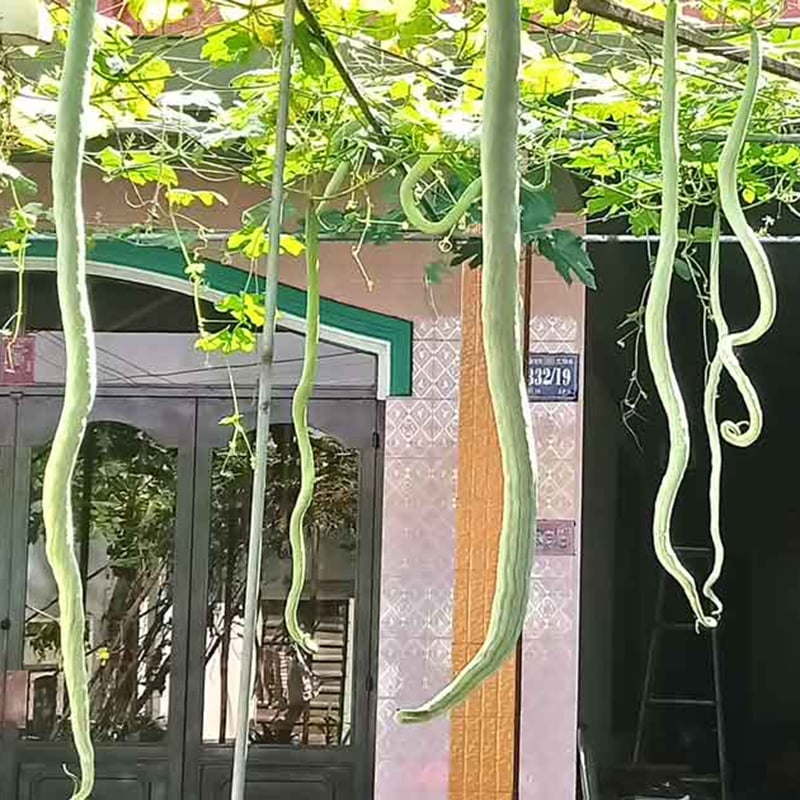
Snake gourd stands out not only for its distinctive serpentine shape but also for its classification as a medicinal fruit in traditional medicine due to its heat-clearing, diuretic, digestive, and anti-inflammatory properties. This variety of gourd is commonly grown in the northern and central provinces of Vietnam, where the climate and soil conditions are particularly favorable.
One of the most significant advantages of snake gourd is its remarkable resistance to pests and diseases. It thrives in dry, loamy, or sandy soils without the intervention of pesticides. Consequently, it has gained popularity in organic and clean agricultural models. Additionally, its unique shape has led to its use as an ornamental plant, a rare trait among vegetables.
“This Everyday Affordable Fruit Will Bring About 3 Wonderful Changes to Your Body When Eaten Right”
“The humble sponge gourd, or mướp, is a powerhouse of nutrition and a secret weapon in the fight against premature aging. With a plethora of health benefits, this fruit is a must-add to your diet if you want to maintain a youthful and healthy body. Discover the wonders of this fruit and unlock the secrets to a longer and healthier life in the article below.”


























